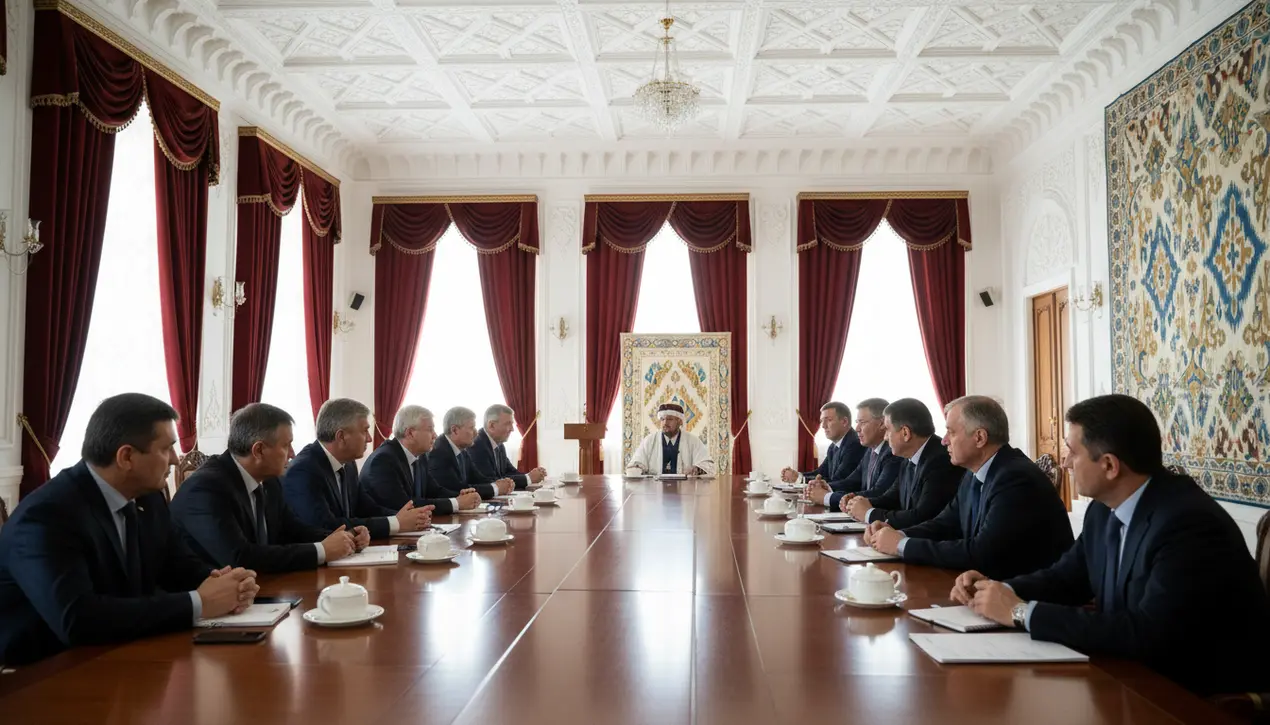- News
- diplomacy
- New Eurasian Bloc Emerges as Central Asian and Caucasus Leaders Forge Strategic Alliance

PoliticsdiplomacyBilateral Relations
New Eurasian Bloc Emerges as Central Asian and Caucasus Leaders Forge Strategic Alliance
RO
Robert Hayes
1 hour ago7 min read2 comments
In a strategic pivot with far-reaching implications, leaders from Central Asian nations and Azerbaijan have solidified a new regional alliance during a landmark summit in Tashkent. The gathering represents a decisive move toward greater strategic independence and collective bargaining power in an increasingly multipolar world.The participating nations agreed to establish new multilateral institutions focused on economic cooperation and security coordination, signaling their intent to reduce dependency on traditional power brokers. This development comes as regional nations seek to navigate Afghanistan's ongoing instability, global economic pressures, and shifting great power dynamics.Azerbaijan's participation extends the alliance's reach beyond Central Asia, creating a continuous strategic corridor from the Caspian Sea to China's western frontiers. The success of this initiative will depend on member states' ability to overcome historical tensions and implement concrete cooperation mechanisms.If effectively realized, this emerging bloc could fundamentally reshape regional power structures, enabling more balanced relationships with China's Belt and Road Initiative, Russia's Eurasian Economic Union, and Western partners alike. The Tashkent summit marks a potential turning point where these nations transition from objects of great power competition to architects of their own geopolitical future.
#Central Asia
#South Caucasus
#Tashkent summit
#regional integration
#economic ties
#security cooperation
#diplomacy
#featured
Stay Informed. Act Smarter.
Get weekly highlights, major headlines, and expert insights — then put your knowledge to work in our live prediction markets.
Related News
Comments
Loading comments...
© 2025 Outpoll Service LTD. All rights reserved.